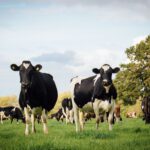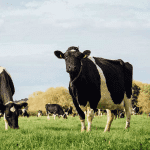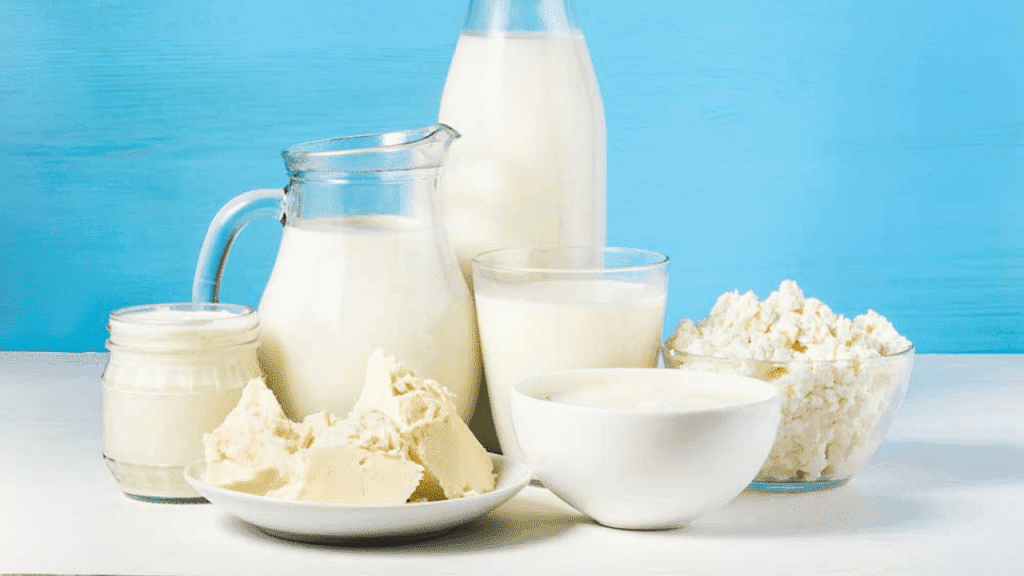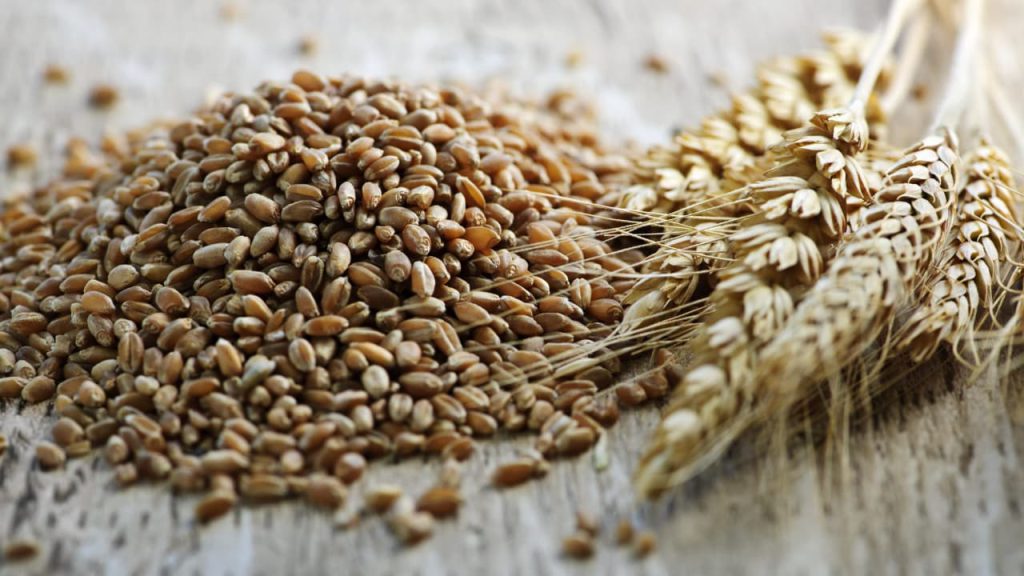Vitamin B12
Beef, pork, lamb and milk contain vitamin B12, an essential nutrient not naturally present in a vegan diet
Vitamin B12 plays an important role in the functioning of our bodies.
It can help reduce tiredness and fatigue, support our immune system to work normally and can help normal psychological function.

What is vitamin B12?
Vitamin B12, also known as cobalamin, is an essential nutrient that helps the body’s nervous system function normally, helps to make red blood cells and has a role in cell division.
It also helps keep our immune system working as it should – what a busy little B!
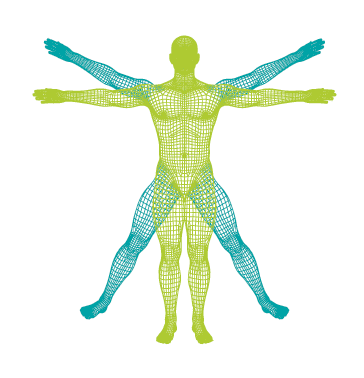
Why is vitamin B12 important?
Adults need around 1.5 micrograms (μg) of vitamin B12 a day.
- A glass of 200ml semi-skimmed milk provides 1.9 μg of vitamin B12
- A 150g pot of low-fat fruit yogurt contains 0.45 μg of vitamin B12
- A 30g block of hard cheese contains 0.7 μg of vitamin B12
- 100g of raw, lean lamb contains 2 μg of vitamin B12
- 100g of raw, lean pork contains 1 μg of vitamin B12
- 100g of raw, lean beef contains 2 μg of vitamin B12
Vitamin B12 can help:
- Reduce fatigue and tiredness
- Support normal psychological function
- The nervous and immune system work normally
- The formation of red blood cells
- The division of cells in the body
Amazing!
What am I getting alongside vitamin B12?
Dairy products (milk, cheese, a pot of yogurt), lean beef, lamb and pork provide a range of nutrients that contribute to good health*, including those that are often difficult to source from plant foods, such as high-quality protein and vitamin B12.
Lean beef, lamb and pork contain:
- Potassium – contributes to maintaining low blood pressure and helping the nervous system to function
- Phosphorus – contributes to bone growth and development in children and the maintenance of normal bones in adults
- Zinc – helps the immune system work normally and contributes to normal cognitive function
- Niacin (vitamin B3) – can help reduce tiredness and fatigue, helps the immune system work normally and supports normal cognitive function
- Vitamin B6 – supports normal energy production and red blood cell production, and contributes to the regulation of hormonal activity
- Protein – helps support the maintenance of normal bones and muscle mass
- Calcium – is needed for the maintenance of normal bones and teeth
- Phosphorus – helps the body release energy from food
Nutrition and health claims comply with Regulation (EC) No 1924/2006
*A varied and balanced diet and a healthy lifestyle is an important part of maintaining good health.
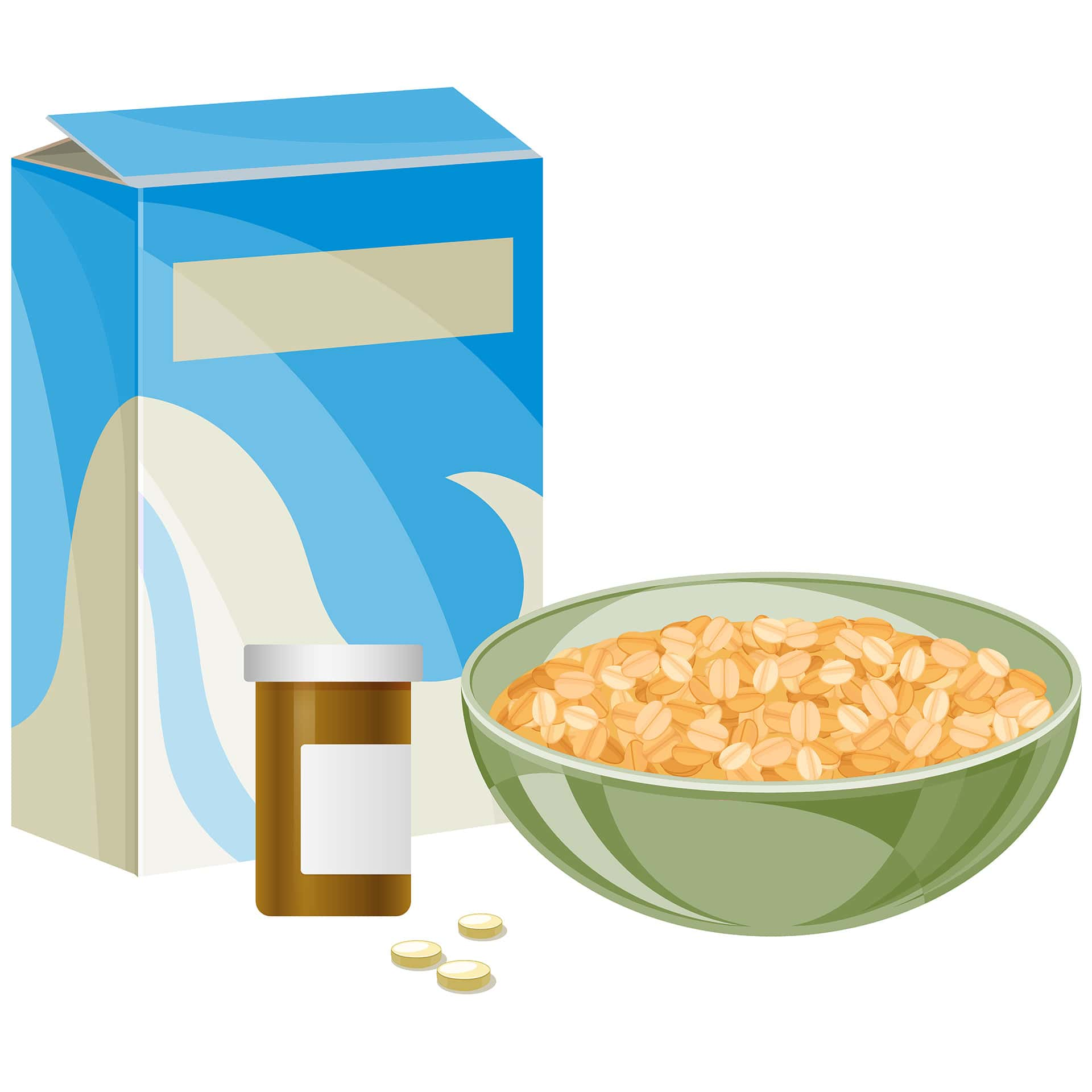
Where else can I get vitamin B12?
If you’re cutting out meat, fish, dairy and eggs you can get vitamin B12 from:
- Fortified foods (e.g. yeast extract, some breakfast cereals, some plant alternatives to milk and milk products)
- Supplements
Expert opinion
Vitamin B12 is an essential nutrient, deficiency of which, in the long term, can lead to nerve damage, with potential side effects including pins and needles in the hands and feet. Vitamin B12 deficiency can be avoided by including lean meat, fish, dairy, eggs and foods fortified with vitamin B12 as part of a balanced diet.

Robert Pickard
Professor
